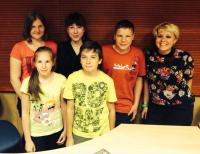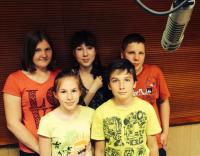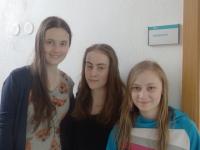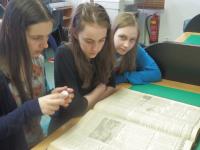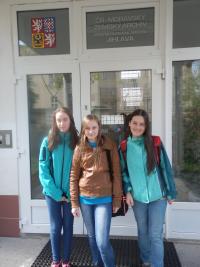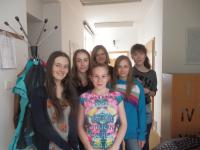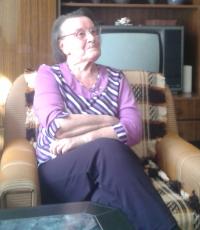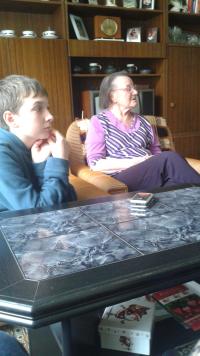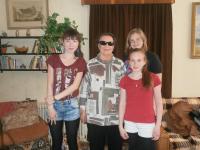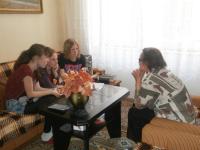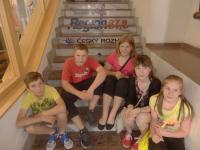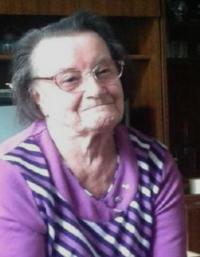Even these days I have nightmares in which I‘m sitting in school, the teacher is explaining something in German and I do not understand it at all

Stáhnout obrázek
Hildegarda Vyskočilová, née Vondráková, was born in a mixed Czech-German family. After the establishment of the Protectorate she had to transfer from a Czech school to a German school, although she had never spoken German before. Her father went to the war when she was eleven years old and since then, they had only two chances to meet briefly. She apprenticed as a shop assistant and she worked in a textile shop, which was frequented by a customer who was coming there to buy goods for partisans. After the war she worked as an accountant in a locksmithery which had been abandoned by its German owners. Her husband was a member of a district committee of the Communist Party and he was expelled from the Party after 1968.
